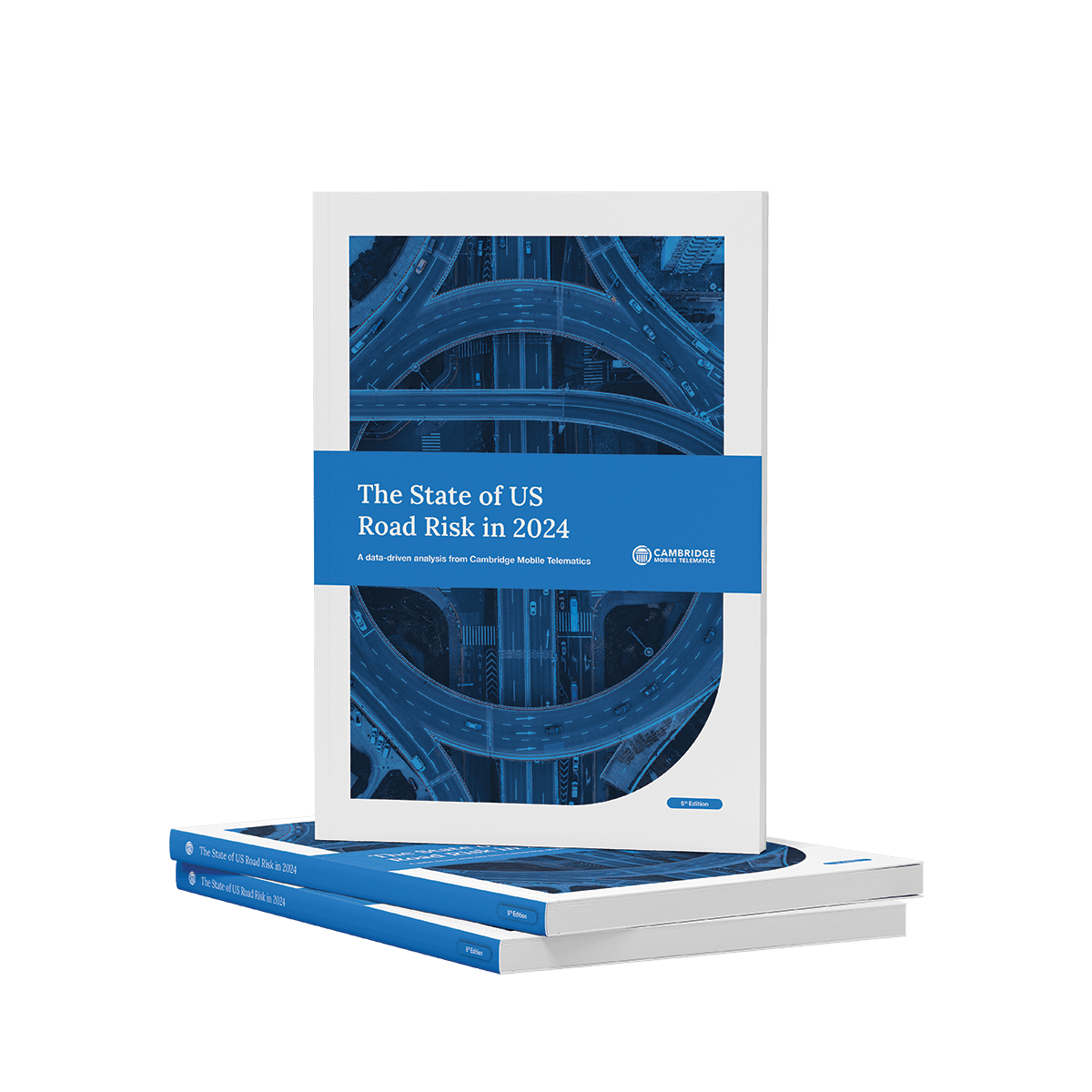The World Leader in Telematics
Our technology saves lives, money, and time on the road.

CMT’s The State of US Road Risk in 2024 report includes analyses from over one billion car trips across millions of US drivers. It shows that distracted driving fell by 4.5% in 2023, the first decrease since 2020. The report evaluates the various factors that can reduce distracted driving, including consent-driven usage-based insurance programs, hands-free legislation, and increased media coverage of the dangers of distracted driving. CMT estimates this reduction in distracted driving helped prevent over 55,000 crashes, 31,000 injuries, 250 fatalities, and close to $2.2 billion in economic damages in the US in 2023.
The Most Advanced Telematics Platform
Our DriveWell® platform gathers sensor data from millions of IoT devices — including smartphones, proprietary Tags, connected vehicles, dashcams, and third-party devices — and fuses them with contextual data to create a unified view of vehicle and driver behavior.




The Foundation of the Future of Mobility
CMT is transforming the broader mobility ecosystem.
We Power the Largest Telematics Programs in the World

























Celebrating a Decade of Making Roads Safer with Discovery Insure
Recognition & Awards
Why Industry Leaders Choose CMT
We selected CMT because of the people that we met. I think that there has been a fit between the CMT founders and our own actuaries. They were talking the same language, we were sure of the quality of the product and that CMT wouldn’t cut corners, and this is really what made a difference against other providers.
Consumer Choice. Privacy-first.
CMT is a privacy-first telematics service provider based on consumer choice. Consumers actively choose to be in a CMT-powered program and can opt out at any time. We provide a clear explanation to our drivers of what data is collected and how it is used. Consumer data is never used for any other services beyond those offered by CMT. CMT does not sell driving data to third parties.